All Formats & Editions
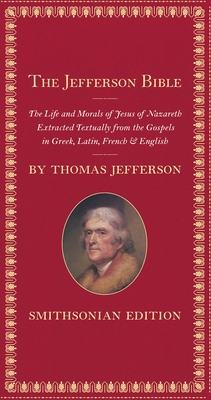
The Jefferson Bible: The Life and Morals of Jes...
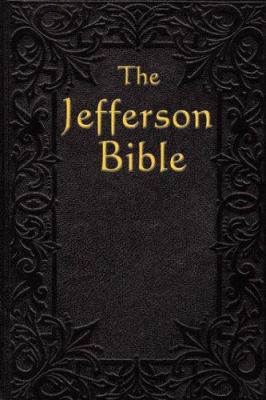
The Jefferson Bible: The Life and Morals of
In 1804 Thomas Jefferson decided to study the gospels to see if he could distill the essence of Jesus' teachings into a concise book that could be quickly read and easily understood. This volume is the result, offering valuable insights into the teachings...
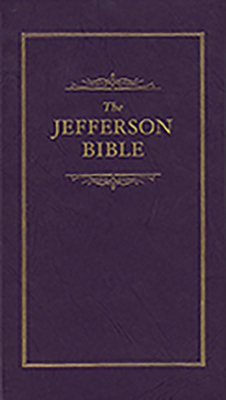
Jefferson Bible
Thomas Jefferson believed that the pure-principled teachings of Jesus should have been separated from the dogma and abuse of organized religion of the day. This led him to recast, by cutting and pasting from the gospels, a new narrative of the life and teachings of Jesus, where,...
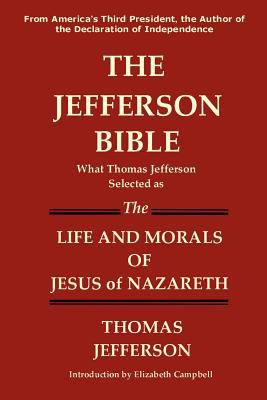
The Jefferson Bible What Thomas Jefferson Selec...
In 1820, Thomas Jefferson worked for months, often by candlelight, carefully cutting the pages of several Bibles to remove the teachings of Jesus. He then reorganized those verses and pasted them into a new book that he called simply, The Life and Morals of Jesus of Nazareth"...
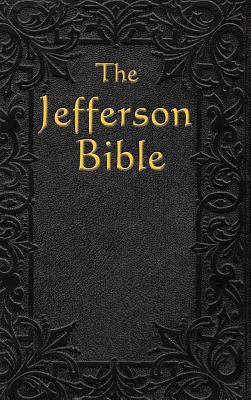
The Jefferson Bible: The Life and Morals of
In 1804 Thomas Jefferson decided to study the gospels to see if he could distill the essence of Jesus' teachings into a concise book that could be quickly read and easily understood. This volume is the result, offering valuable insights into the teachings of Jesus Christ and...

The Jefferson Bible: Life And Morals Of Jesus O...
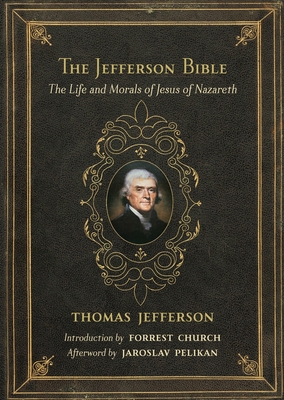
The Jefferson Bible: The Life and Morals of Jes...
We must reduce our volume to the simple evangelists, select, even from them, the very words only of Jesus. There will be remaining the most sublime and benevolent code of morals which has ever been offered to man. --Thomas Jefferson Featuring an introduction by Forrest Church,...
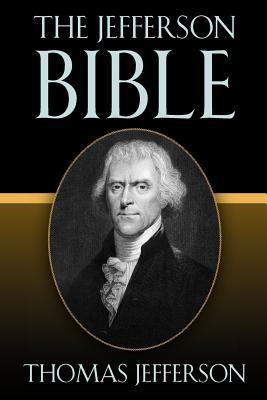
The Jefferson Bible

The Jefferson Bible
The Life and Morals of Jesus of NazarethIntroduction by Forrest Church In 1794, President Thomas Jefferson set out to uncover the essence of true religion from the Gospels by extracting Jesus' message of absolute love and service from the annunciation, virgin birth, and even...
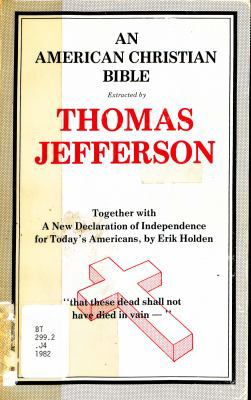
An American Christian Bible
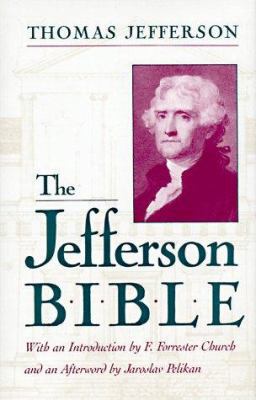

The Jefferson Bible
The Jefferson Bible, or The Life and Morals of Jesus of Nazareth as it is formally titled, was a book constructed by Thomas Jefferson in the latter years of his life by cutting and pasting with a razor and glue numerous sections from the New Testament as extractions of the doctrine...
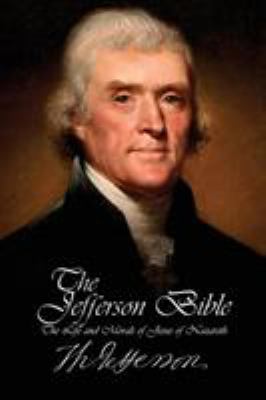
The Jefferson Bible - The Life and Morals of Je...

The Jefferson Bible - Life And Morals Of Jesus ...
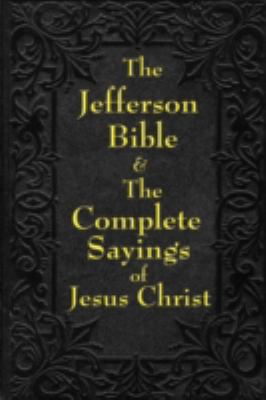
Jefferson Bible & The Complete Sayings of Jesus...
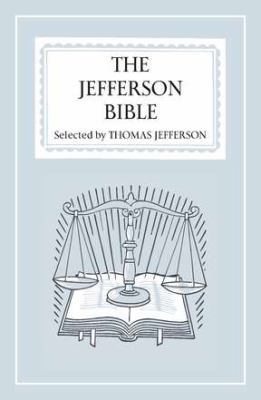

The Jefferson Bible: The Life and Morals of Jes...
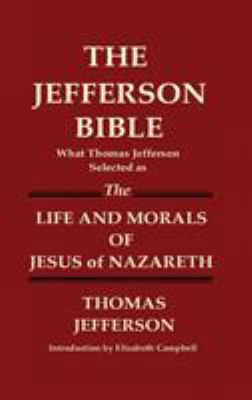
THE JEFFERSON BIBLE What Thomas Jefferson Selec...
In 1820, Thomas Jefferson worked for months, often by candlelight, carefully cutting the pages of several Bibles to remove the life story and the teachings of Jesus, which he called "the most benevolent code of morals which has ever been offered to man". He then reorganized the...

Human Jesus,The Life and Morals of Jesus of Naz...
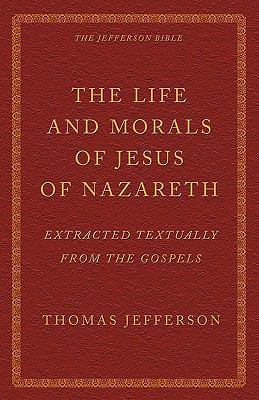
The Life and Morals of Jesus of Nazareth Extrac...
In the early nineteenth century Thomas Jefferson, third President of the United States and principal author of the Declaration of Independence, conceived the idea of extracting a gospel purified of what he saw as extraneous philosophical, mythological, and theological elements...

The Jefferson Bible: The Life And Morals Of Jes...

Jefferson's Literary Commonplace Book:
This work is a new edition of Thomas Jefferson's literary commonplace book, a notebook of his literary and philosophical reading. Unlike the only previous edition, published in 1928, it contains full annotation, pertinent information on the authors and works commonplaced, and...
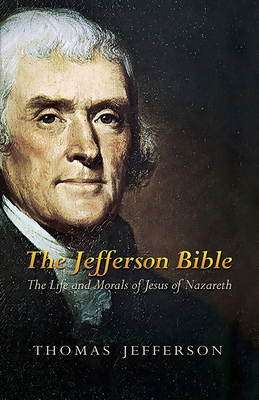
The Jefferson Bible: The Life and Morals of Jes...
"Question with boldness even the existence of a god," Thomas Jefferson asserted, "because if there be one, he must more approve of the homage of reason than that of blindfolded fear." America's third president regarded Jesus as a moral guide rather than a divinity, and in The...

Jefferson's "Bible:" The Life and Morals of Jes...
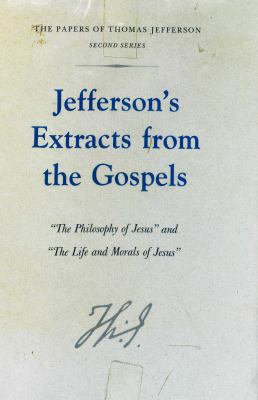
Jefferson's Extracts from the Gospels: The Phil...
This volume is an important clarification of the controversial religious beliefs of one of our most unorthodox but ethically committed presidents. Printed here are the facsimile texts of Jefferson's two compilations of Jesus' words. Originally published in 1983. The Princeton...



